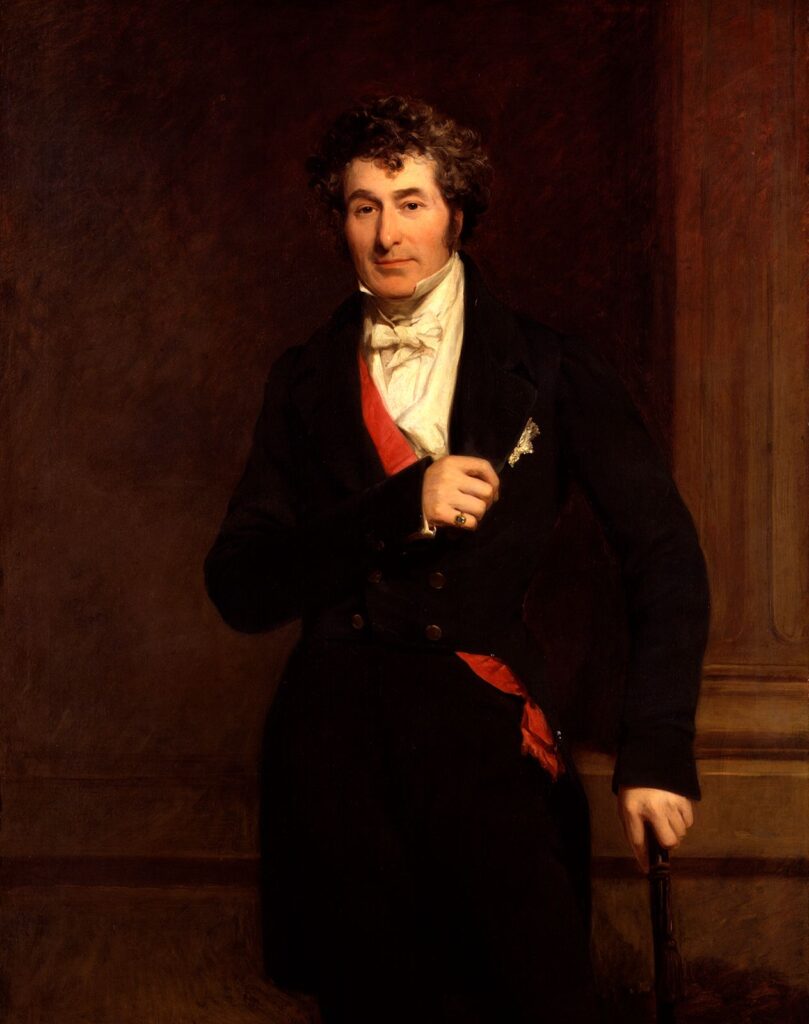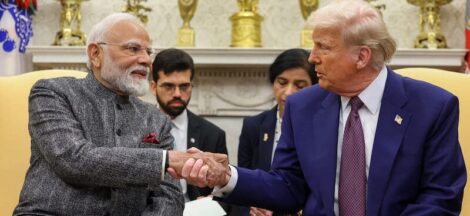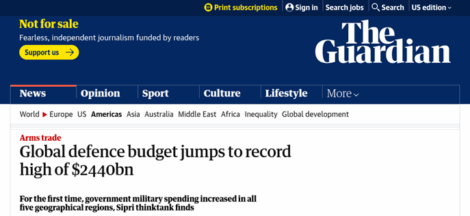The Enforcement Directorate ultimately has to for the time being abandon its nefarious conspiracy to resort to character assassination of the two senior advocates of the Supreme Court Pratap Venugopal and Arvind Datar, with the Supreme Court Advocates on Record Association (SCAORA) writing to the Chief Justice of India (CJI) for its deliberate misdemeanour.
Just within 24 hours of SCAORA approaching CJI for taking action the ED, in this case obviously against its all-powerful chief, realising the consequences of its action withdrew its summons issued to lawyers with the instructions to field formations not to issue summons to any advocate in violation of Section 132 of the Bhartiya Sakshya Adhiniyam, 2023, the section deals with the confidentiality of communications between an advocate and client.
The instruction nevertheless does not adhere to the democratic functioning. It has kept its option open. It will not issue summon under section 132, but is free to summon lawyers under any other section. The ED officials basically tried to evade any legal action. The summons issued by ED pertained to an investigation involving the Employee Stock Option Plan (ESOP) granted by Care Health Insurance to former Religare Enterprises Chairperson Rashmi Saluja.
This action was simply the part of the greater conspiracy framed by the ruling saffron ecosystem to deny legal relief to the victimised persons. Under the law, a victim has right to appoint a counsel and in case he is not in the position to hire his personal lawyer, this facility is provided to him by the court trough the legal aid system. Naturally the lawyer would discuss the matter with his client and seek the detail information. In this particular case ED had planned to deny this facility.
It is really astonishing how could ED can muster courage to issue summons to Senior Advocates Pratap Venugopal and Arvind Datar in connection with a case in which they had rendered legal advice? Venugopal was the Advocate-on-Record for a legal opinion authored by Senior Advocate Arvind Datar, which supported the grant of stock options. An aggrieved SCAORA) wrote to the Chief Justice of India BR Gavai, flagging the issuance of summons by the ED to Venugopal. On June 20 in a strongly-worded letter President of SCAORA Vipin Nair described the ED’s action as “a deeply disquieting development” that poses a serious threat to the foundational principles of lawyer-client confidentiality and the independence of the legal profession.
It is a widely known fact that the ruling political leaders have been using ED coerce and victimise their opponents and adversaries ever since 2014.. No doubt this is the manifestation of a weaker leader, but it simply shattered the basic structure of democracy and its functioning. The ED has gone berserk during the second term of Narendra Modi. The officials are sure that no one has the guts to seek a clarification from them for their actions. Shockingly the ED issued this summon just after a month of its being pulled by Supreme Court for its wrong doings. On May 23, a Supreme Court bench led by Chief Justice of India B.R. Gavai had rapped the Enforcement Directorate (ED), “The ED is crossing all limits…you are totally violating the federal structure of the country”, the CJI said.
It is an open secret that ED has lost its credibility in the eyes of the Indians but it is not bothered as its officials know that they have simply to serve the interest of the ruling party. In the last eleven years ED has registered cases against 193 political leaders, including MPs and MLAs, and has managed to get conviction only in three cases. Maximum number of cases were filed in 2022-23 when 32 leaders landed in trouble with the ED followed by 27 each in 2020-21 and 2023-24. In 2019-20 and 2021-22, there were 26 leaders each who found that the anti-money laundering agency had registered cases against them.
The Enforcement Directorate (ED) was constituted in May 1956 as an “Enforcement Unit” within the Department of Economic Affairs. It was later renamed the Enforcement Directorate in 1957. The primary function of the ED is to enforce economic laws and combat financial crimes in India. A comparison between previous rules and Modi rule would make it explicit that in the last eleven years, ED is being used more against opposition leaders.
During this NDA regime, the ED has turned autocratic. But Home Minister Amit Shah is undeterred. He holds; “Our constitution gives us that right. You can challenge it.” It obviously implied that endorses even the unconstitutional and extra legal action of the ED. True enough the ED has always been found on wrong foot, but still it continues with activities which are in contravention to the law and legal system.
Only five days back ED was forced to admit to the Madras high court that it did not have the power to seal premises if the same was locked at the time of making a search as per Section 17 of the Prevention of Money Laundering Act. The ED’s admission came after the high court had remarked that its officials are “evolving day by day by expanding their powers.” The additional solicitor general S V Raju told the court “ED does not have power to seal. The lordship is right in that aspect. Under Section 17, the ED has powers to break open the lock. But we did not want to escalate the situation.” But even then the ED officials continue to violate the legal provisions.
Meanwhile, the Bar Association of India (BAI), one of the lawyers’ bodies has castigated the ED. Former attorney-general R. Venkataramani is its ex-officio chairman. Various Bar associations across India have condemned the ED’s “overreach” in summoning advocates over legal advice provided to clients, and urged Chief Justice of India B.R. Gavai and the Supreme Court to take suo moto cognisance and lay down guidelines. “Looking to question an advocate for giving a professional legal opinion sets a dangerous precedent which will create a chilling effect on lawyers across the country,” the statement added. (IPA Service)




 Start-Up India Projects Hit By Funding Slowdown In Recent Years
Start-Up India Projects Hit By Funding Slowdown In Recent Years 